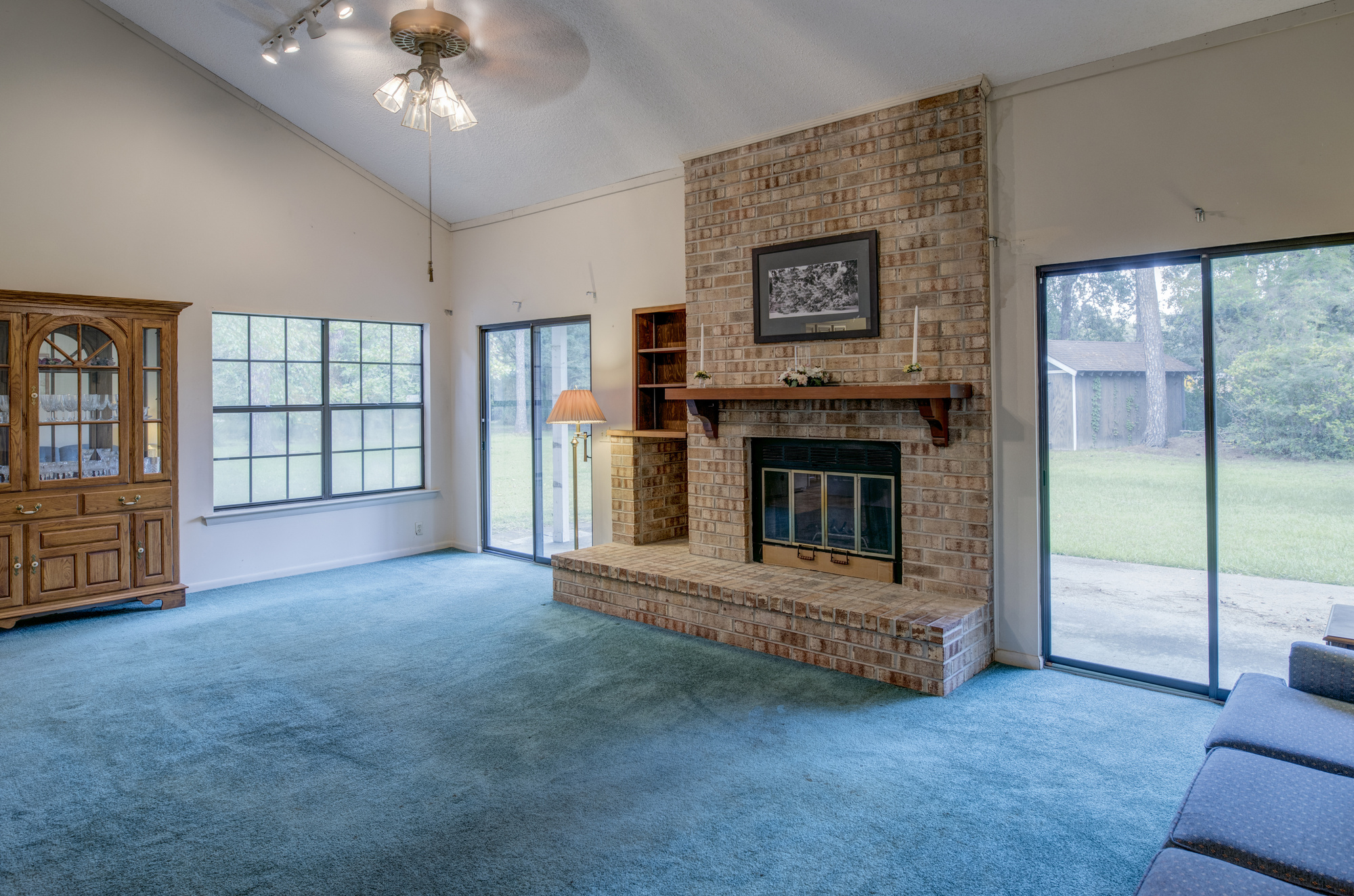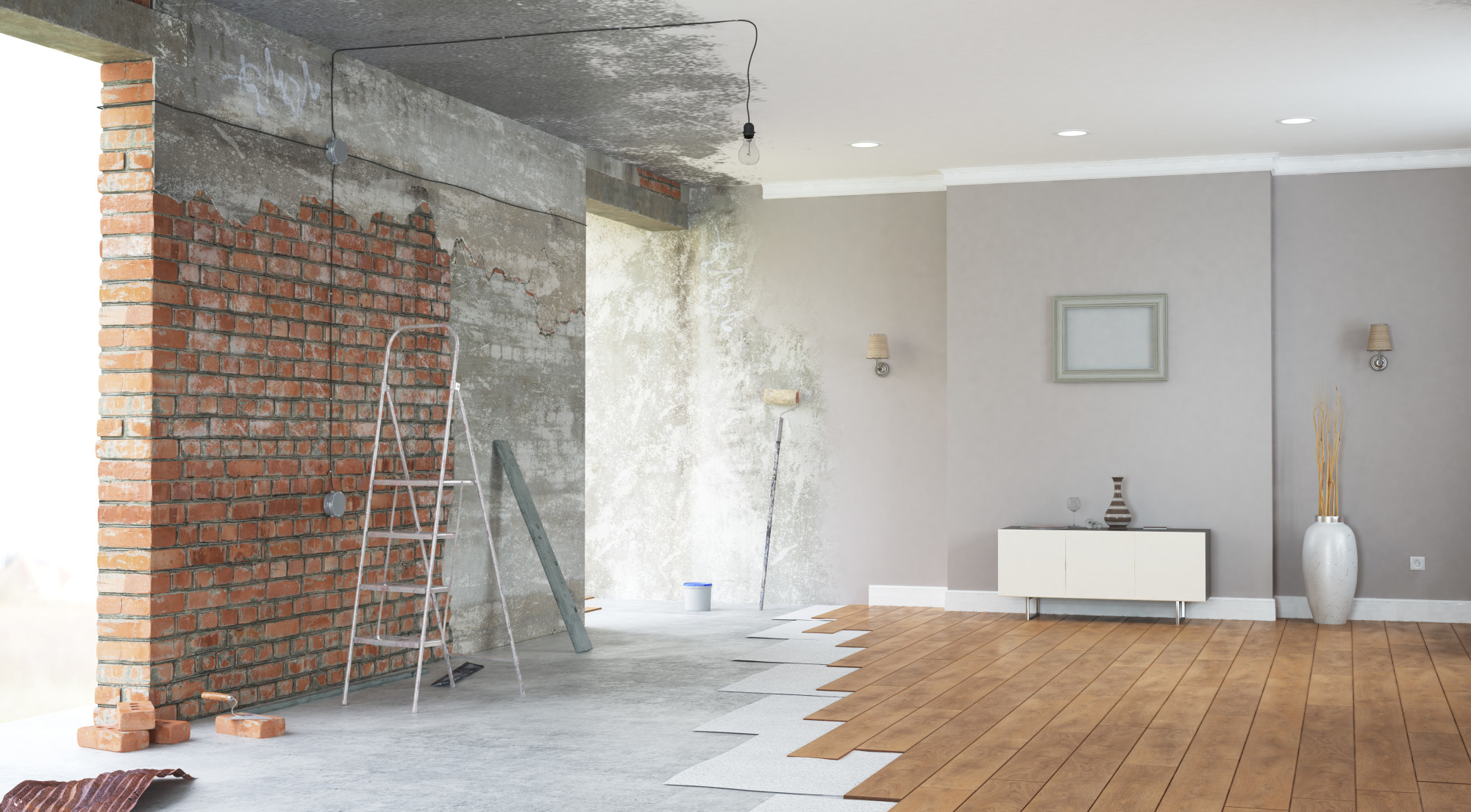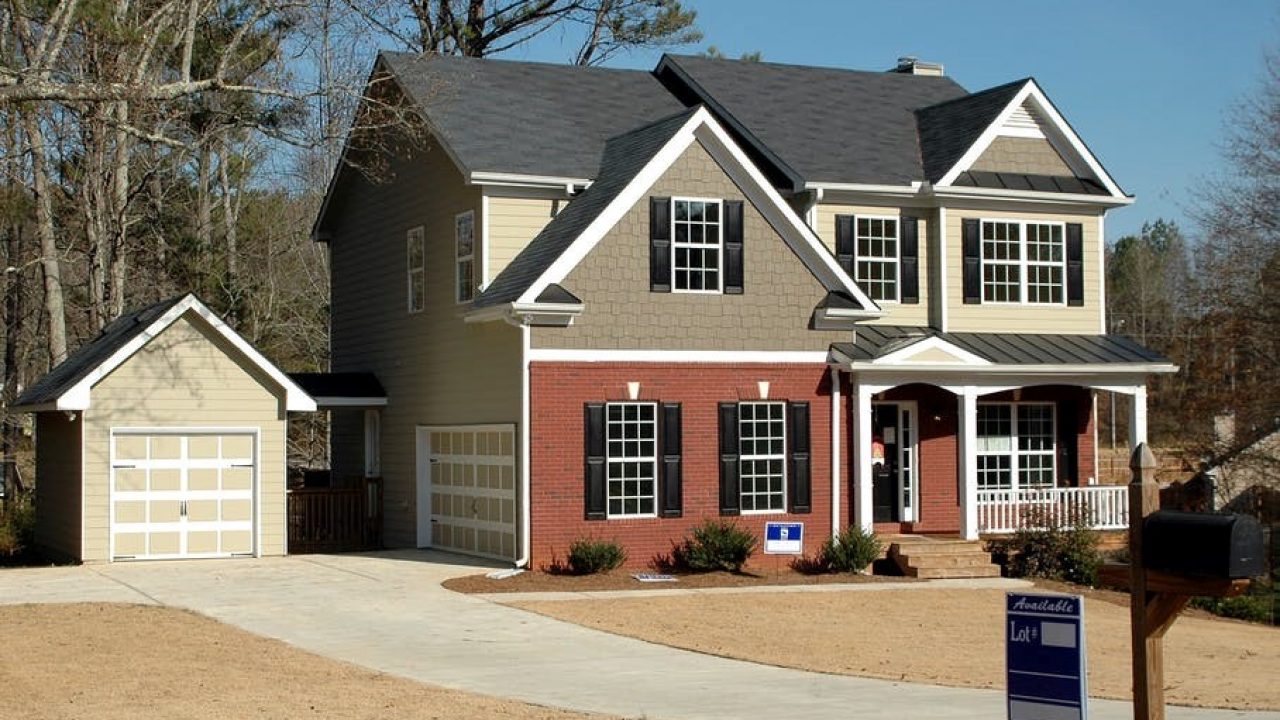It looks so easy! Buy a house, make a few cosmetic fixes, put it back on the market, and make a huge profit. At any given time, a half-dozen shows on television feature good-looking, well-dressed investors who make the process look fast, fun, and profitable.
Yet, the road to real estate riches isn’t all about curb appeal and “sold” signs. Far too many would-be real estate moguls overlook the basics and end up failing. So what are the five biggest mistakes would-be flippers make? And how do you avoid them?
This article looks at the top five mistakes to avoid if you are thinking about flipping a house.
1. Not Enough Money
Dabbling in real estate is expensive. The first expense is the property acquisition cost. While low/no money down financing claims abound, finding these deals from a legitimate vendor is easier said than done. Also, if you’re financing the acquisition, you’re paying interest.
Research your financing options extensively to determine which mortgage type best suits your needs and find a lender that offers low-interest rates. An easy way to research financing costs is by using a mortgage calculator, which allows you to compare interest rates various lenders offer. Of course, paying cash for the property eliminates the cost of interest, but even then there are property holding costs and opportunity costs for tying up your cash.
Renovation costs must also be factored in. If you plan to fix up the house and sell it for a profit, the sale price must exceed the combined cost of acquisition, the cost of holding the property, and the cost of renovations.
Even if you manage to overcome the financial hurdles of flipping a house, don’t forget about capital gains taxes, which will chip away at your profit.

2. Not Enough Time
Renovating and flipping houses is a time-consuming venture. It can take months to find and buy the right property. Once you own the house, you’ll need to invest time to fix it up. If you have a day job, time spent on demolition and construction can translate into lost evenings and weekends. If you pay somebody else to do the work, you’ll still spend more time than you expect supervising the activity and the costs of paying others will reduce your profit.
Once the work is done, you’ll need to schedule inspections to make sure the property complies with applicable building codes before you can sell it. If it doesn’t, you’ll need to spend more time and money to bring it up to par.
Next, it can be quite a time investment to sell the property. If you show it to prospective buyers yourself, you may spend plenty of time commuting to and from the property and in meetings. If you use a real estate agent, you will owe a commission.
Is that worth it? For many people, it might make more sense to stick with a day job, where they can earn the same kind of money in a few weeks or months via a steady paycheck, with no risk and a consistent time commitment.
3. Not Enough Skills
Professional builders and skilled professionals, such as carpenters and plumbers, often flip houses as a side income to their regular jobs. They have the knowledge, skills, and experience to find and fix a house. Some of them also have union jobs that provide unemployment checks all winter long while they work on their side projects.
The real money in house flipping comes from sweat equity. If you’re handy with a hammer, enjoy laying carpet—and can hang drywall, roof a house, and install a kitchen sink—you’ve got the skills to flip a house.
On the other hand, if you don’t know a Phillips-head screwdriver from a flat screwdriver, you will need to pay a professional to do the renovations and repairs. And that will reduce the odds of making a substantial profit on your investment.

4. Not Enough Knowledge
To be successful, you know how to pick the right property, in the right location, at the right price. In a neighbourhood of $100,000 homes, do you really expect to buy at $60,000 and sell at $200,000? The market is far too efficient for that to occur regularly.
Even if you get the deal of a lifetime—snapping up a house in foreclosure for a song, say—knowing which renovations to make and which to skip is key. You also need to understand the applicable tax laws and zoning laws, and know when to cut your losses and get out before your project becomes a money pit.
5. Not Enough Patience
Professionals take their time and wait for the right property. Novices rush out to buy the first house that they see. Then they hire the first contractor who makes a bid to address work they can’t do themselves. Professionals either do the work themselves or rely on a network of pre-arranged, reliable contractors.
Novices hire a realtor to help sell the house. Professionals rely on “for sale by owner” efforts to minimize costs and maximize profits. Novices expect to rush through the process, slap on a coat of paint, and earn a fortune. Professionals understand buying and selling houses takes time and that the profit margins are sometimes slim.
The Bottom Line
If you are thinking about flipping a house make sure to understand what it takes and the risks involved. Novice flippers can underestimate the time or money required and overestimate their skills and knowledge. Making a nice profit quickly by flipping a home is not as easy as it looks on TV.




[…] Do your research before you enter the house flipping industry because it’s a dog-eat-dog kind of world. Sound off in the comments section below and tell us if you want to read more about house flipping. […]